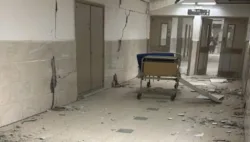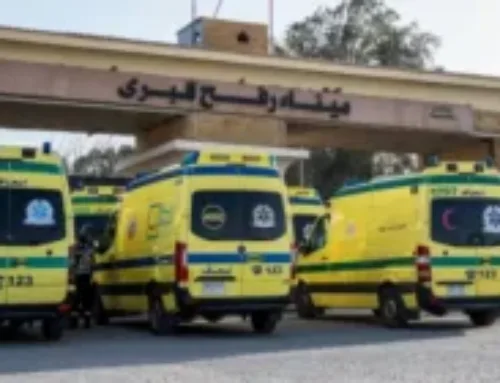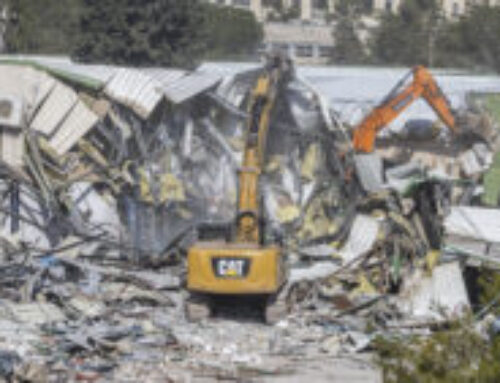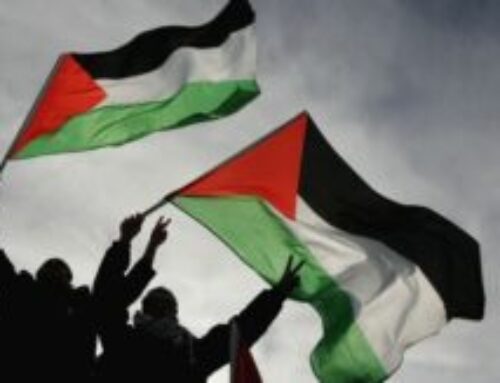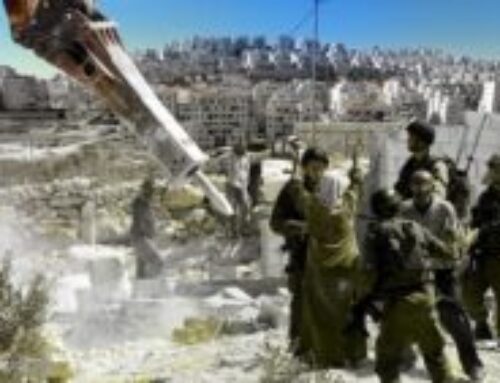In a territory groaning under relentless bombardment and starvation, thousands of cancer patients in Gaza are fighting a harsh battle for life without medicine or a glimpse of hope. The usurping entity has tightened its blockade on the Strip, closing crossings and blocking the entry of vital treatments and medical supplies, turning the journey for care into an illusion and leaving patients to face illness and death in heavy silence.
This suffocating siege deepens the humanitarian catastrophe. According to Gaza’s Ministry of Health, more than 25,000 patients and wounded urgently need treatment outside the enclave, including 17,000 who have completed all referral procedures but remain stranded, waiting for travel permits that never come. Official figures show that 11,000 cancer patients are without adequate treatment or care, while 64% of cancer medicines have run out. With the destruction of the health infrastructure from continuous bombardment, the medical system is collapsing step by step.
Hospitals and health centers have suffered massive devastation: 38 hospitals and 96 primary care centers have been bombed or forced out of service, and 197 ambulances destroyed or seized, making the provision of medical services nearly impossible, according to Gaza’s Government Media Office.
The crisis worsened when the usurping entity targeted and disabled Gaza’s only cancer treatment center at the Turkish-Palestinian Friendship Hospital at the end of 2023. Services were moved to the European Gaza Hospital, which itself ceased operations in May, leaving Nasser Hospital in Khan Younis as the only facility still offering chemotherapy, and that with very limited capacity amid severe shortages of drugs and essential supplies—conditions that push the health sector toward total collapse.
International health and human rights organizations warn that these ongoing policies amount to war crimes and genocide, as siege and starvation are wielded as weapons of slow death against civilians. While cancer patients in Gaza face the prospect of dying in silence, global calls are growing to pressure for an end to the blockade and the immediate opening of crossings to ensure urgent treatment and avert an even deeper humanitarian disaster.

